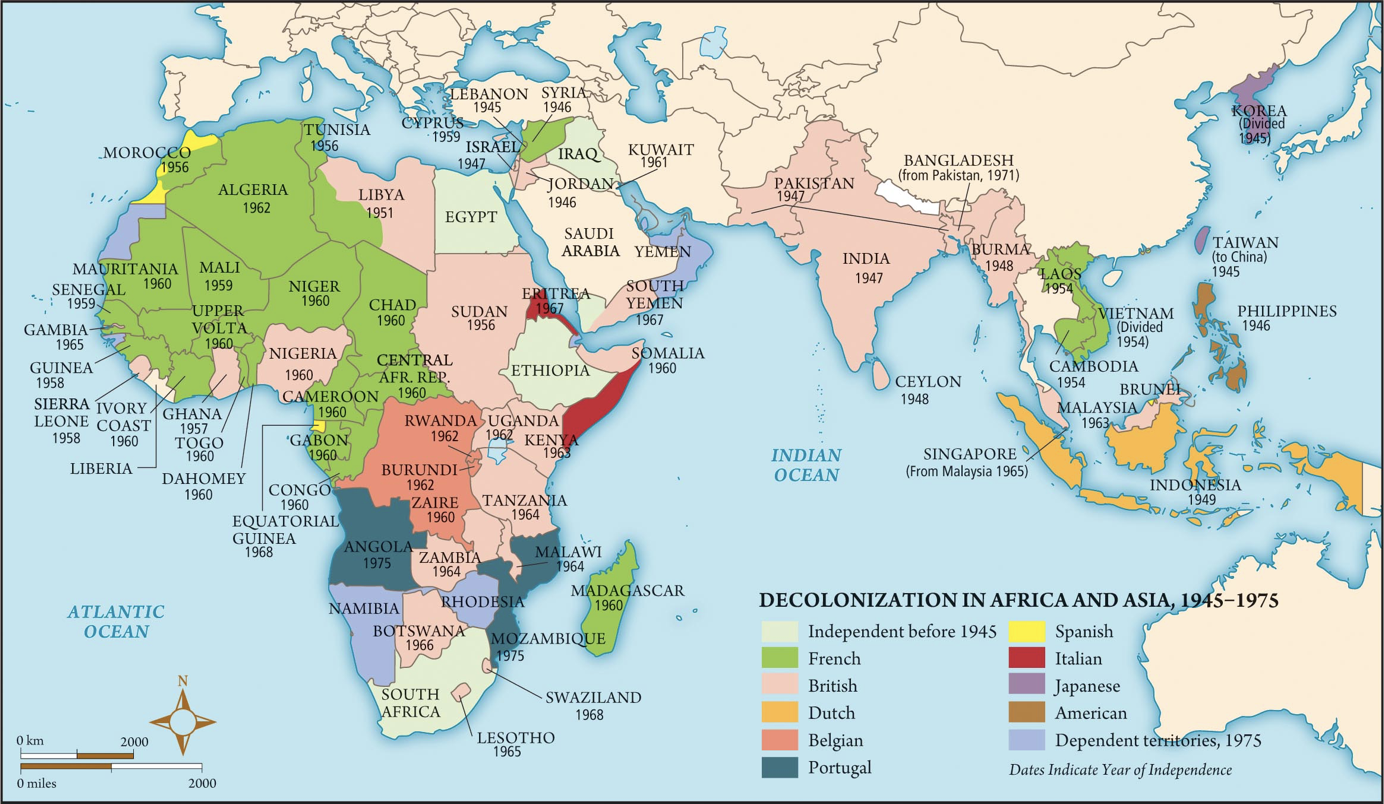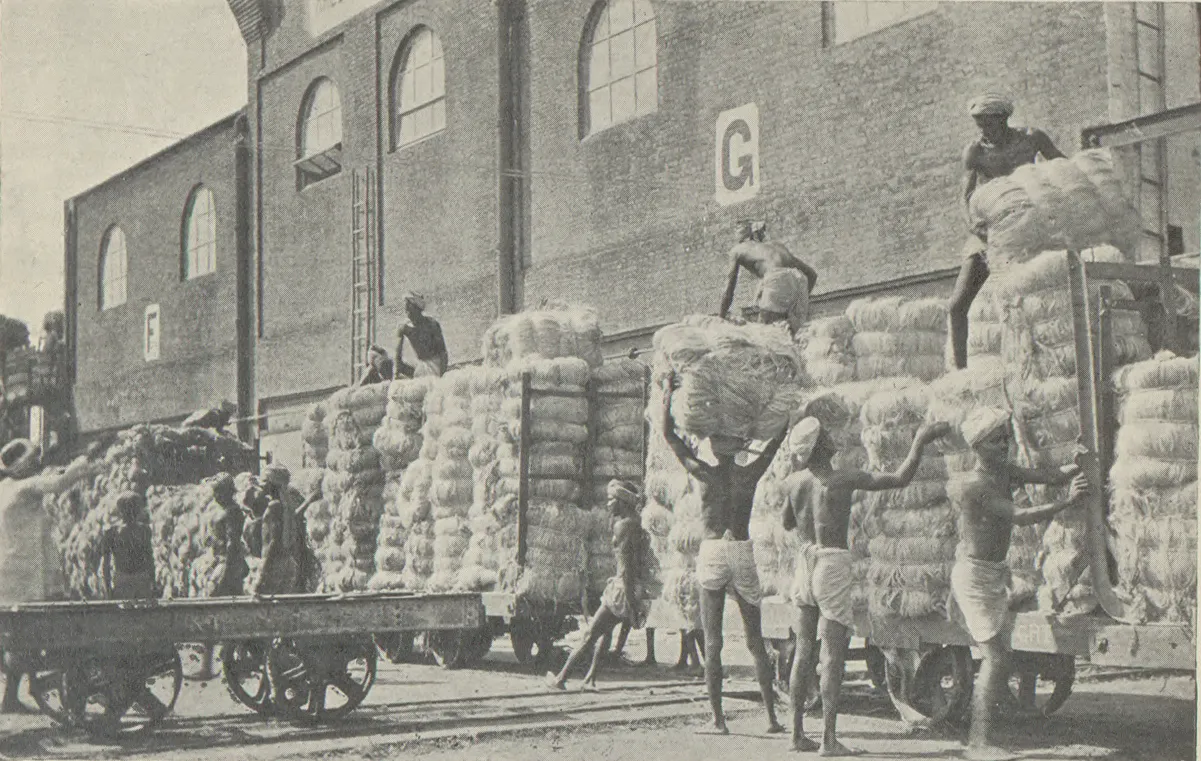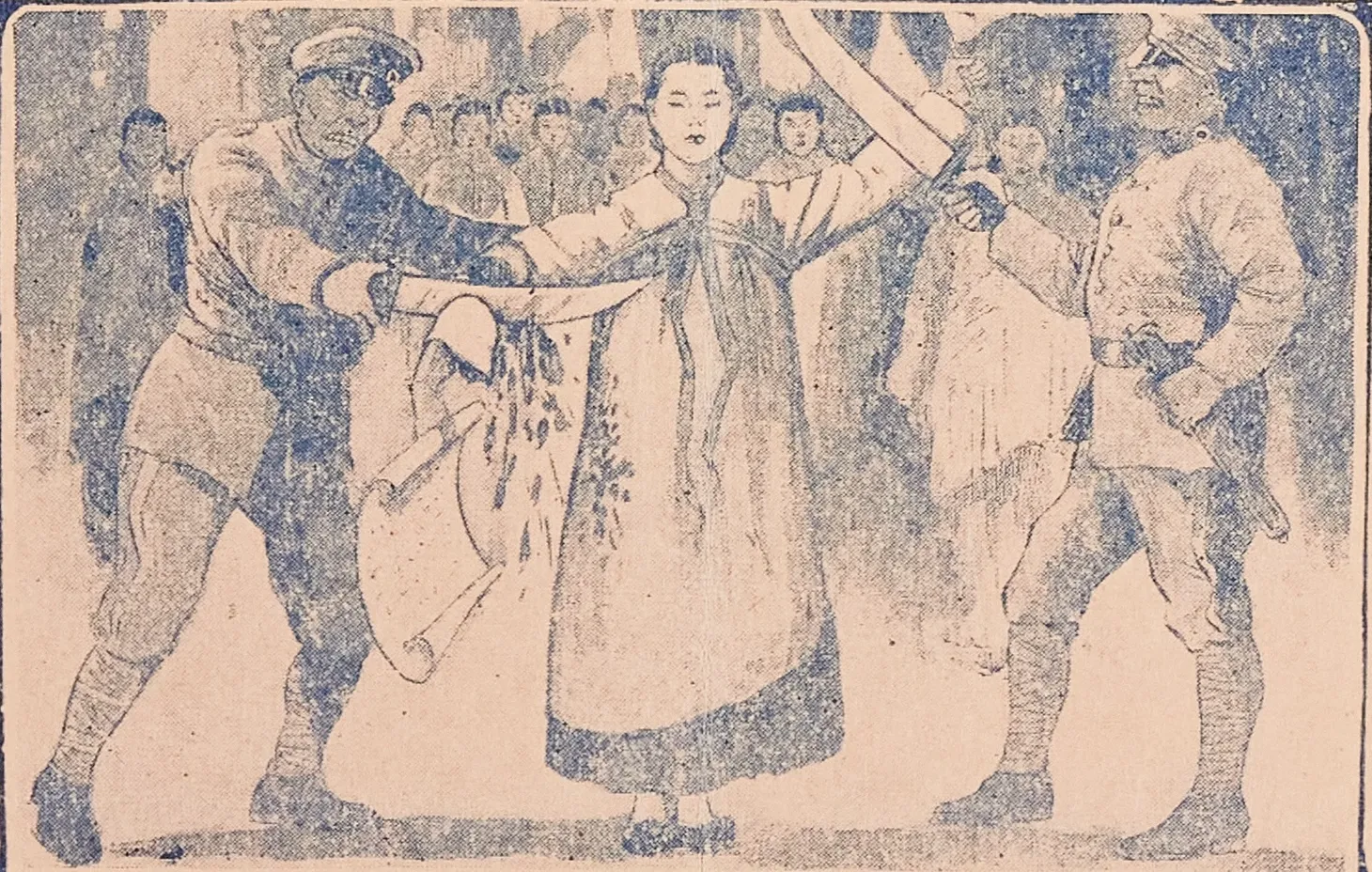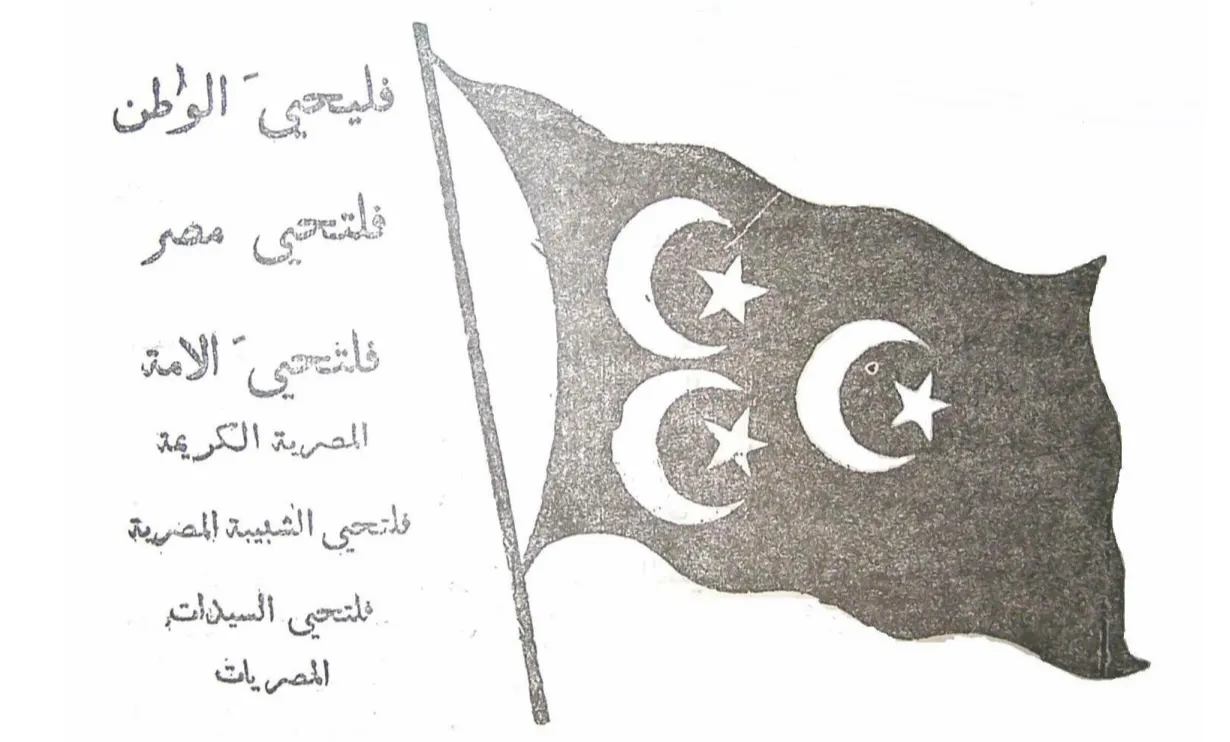“The Outbreak of the Present War”: Decolonization During and After the Second World War
Discussion of teaching decolonization’s connections to the Second World War and the Cold War

A note: Since the 15th falls on a Friday this month, and I’m in the middle of writing about decolonization for two months, I’m combining the weekly Friday post with the monthly post.
If we could survey every modern world history teacher about which topics or events must be taught, they would probably only agree on a handful. I’m willing to bet that the Second World War is one of them. If you look at any textbook, there’s a good chance the war has its own chapter, or at least a large section of a chapter. (I’ve written an earlier post about alternative narratives for the Second World War.) When we think of the history of the twentieth century, we have become conditioned to think about the world before and after the Second World War. While this tendency to use the war to divide the twentieth century makes sense for some historical topics, it can obscure how students understand decolonization.

As discussed in the first post on decolonization, we prioritize the European perspective when we present decolonization as beginning in 1945. From the perspective of colonized people, the fight for independence began earlier. While European governments may have wanted to wait until the Second World War ended to deal with what they saw as troublesome Africans and Asians, colonized people didn’t necessarily agree with waiting. We can rethink how we teach the Second World War by including examples of how many Africans, Asians, and West Indians saw the war as an opportunity to fight for independence. Just as we can combine teaching the Second World War and decolonization, we can also combine how we teach the period after the war. Instead of discussing the Cold War and decolonization as separate topics, we can teach how they were connected.



